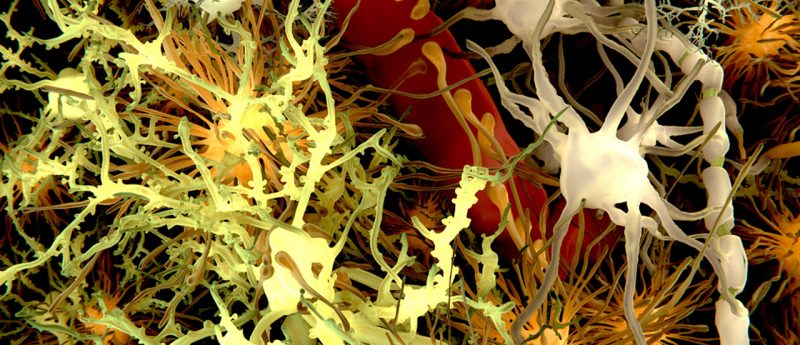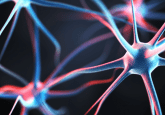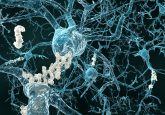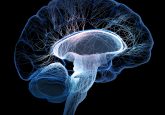Genetic variation and the D2 dopamine receptor: implications for the treatment of neuropsychiatric disease

The D2 dopamine receptor is a G-protein-coupled receptor that is highly expressed in the brain, particularly in the striatum. Striatal circuitry is critical to the regulation of movement and motivational states. Accordingly, D2 receptors are a key target of pharmacologic agents used to treat neurologic and psychiatric diseases. Agonists of the D2 receptor (and the closely related D3 receptor) improve disordered movements and depressed mood in Parkinson disease, and they quiet the overwhelming urge to move one's legs in restless legs syndrome. D2 receptor antagonists, on the other hand, quell the delusions and hallucinations that commonly occur in schizophrenia, bipolar...





